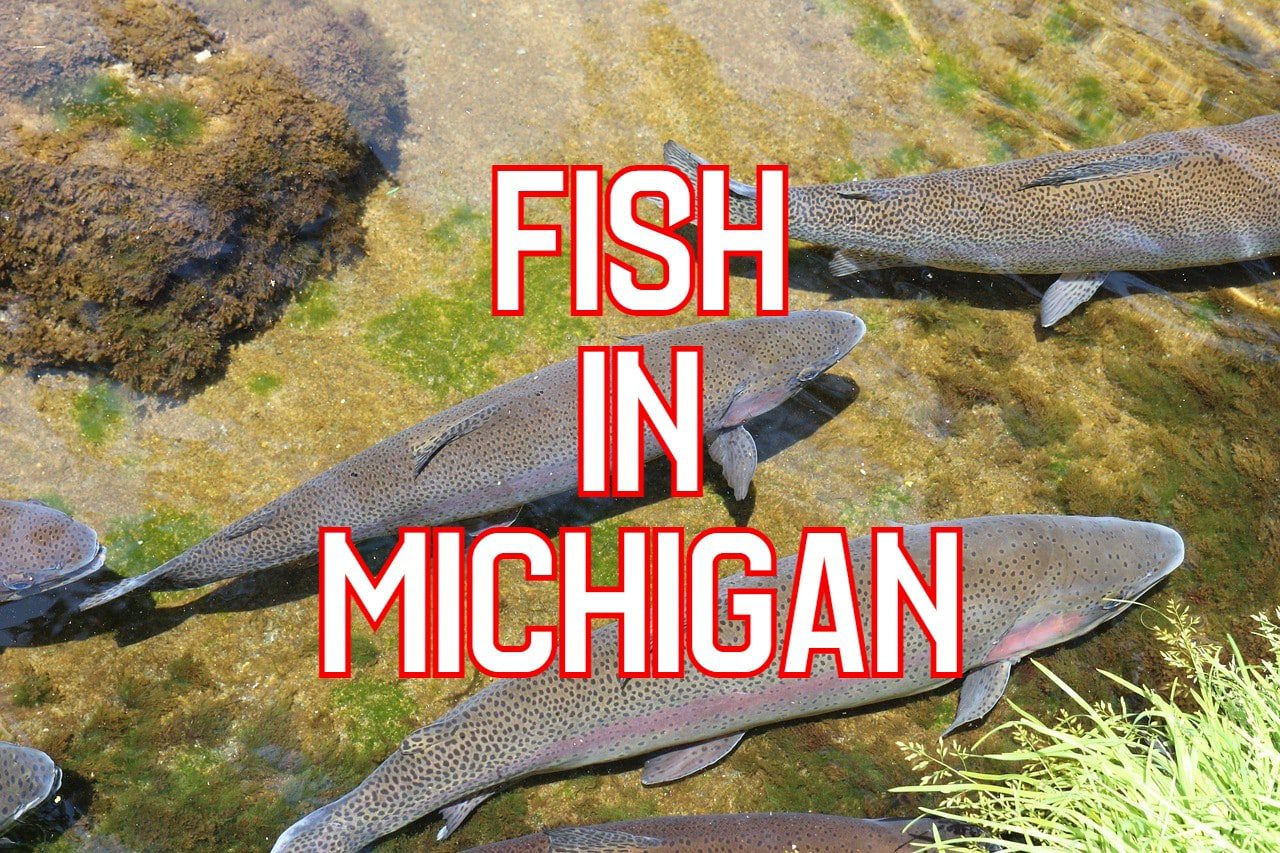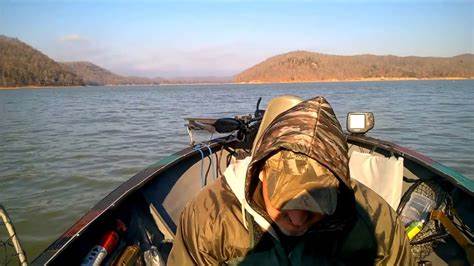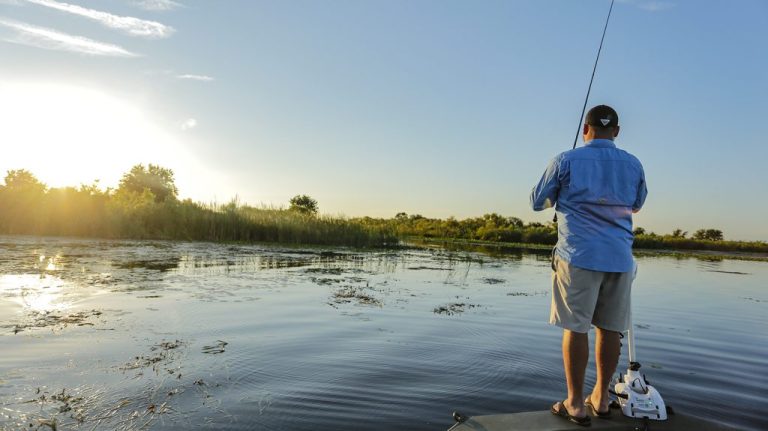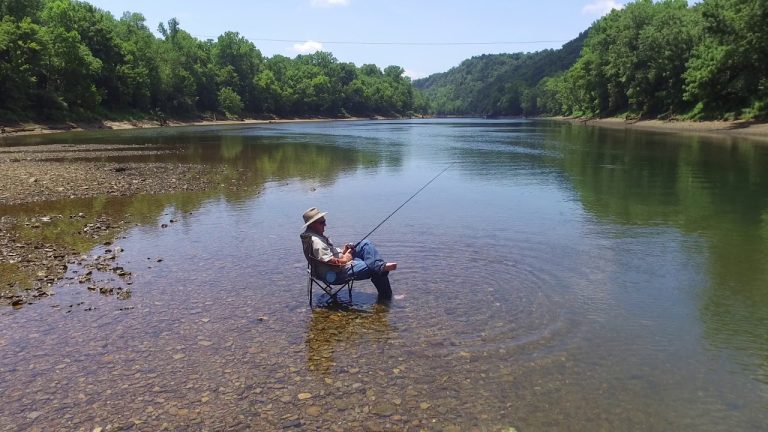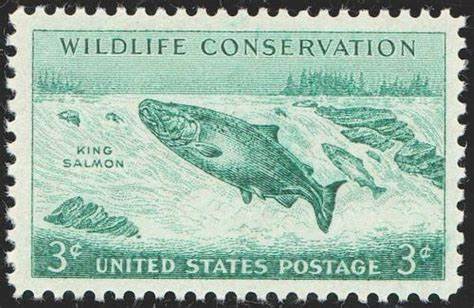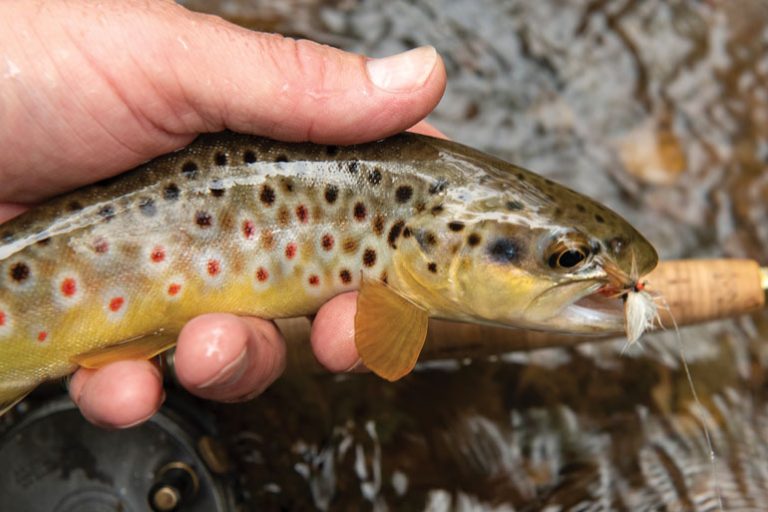Michigan’s pristine waters offer an angler’s paradise, from the vast Great Lakes to countless inland rivers and streams. Before casting your line, it’s crucial to understand the state’s fishing license requirements. This comprehensive guide covers everything you need to know about obtaining a Michigan fishing license, including types, costs, purchasing methods, and essential regulations.
Why You Need a Michigan Fishing License
A fishing license is more than just a legal requirement – it’s an investment in the future of Michigan’s world-class fisheries. License sales revenue directly supports:
- Fish stocking programs
- Habitat restoration projects
- Public access improvements
- Research and management efforts
By purchasing a license, you’re contributing to the preservation of these natural resources for generations to come.
Who Needs a Fishing License?
All anglers aged 17 and older must possess a valid fishing license to fish legally in Michigan’s waters, including the Great Lakes, inland lakes, rivers, and streams. Exceptions include:
- Children under 17
- Active-duty U.S. military personnel stationed in Michigan (eligible for resident prices)
- Michigan residents who are legally blind or have a 100% disability (may be eligible for discounted or free licenses)
Note: Any adult actively assisting a minor without a license must possess a valid fishing license themselves.
Types of Michigan Fishing Licenses
Michigan offers several license options for residents and non-residents:
Annual Fishing Licenses
- Resident Annual All-Species: $26
- Non-Resident Annual All-Species: $76
- Senior Annual All-Species (65+ or legally blind, MI residents only): $11
- Youth Annual Voluntary (under 17): $2
Short-Term Fishing Licenses
- 24-Hour All-Species: $10
- 72-Hour All-Species: $30
- 7-Day All-Species: $30
Combination Licenses
Hunt/Fish Combo (includes base license, deer combo, and annual fishing):
- Resident: $76
- Non-Resident: $266
- Senior (65+, MI residents only): $43
Note: All prices include a $1 surcharge for fishing and hunting education programs.
How to Purchase a Michigan Fishing License
Obtaining your license is simple, with multiple convenient options:
- Online: Visit the Michigan DNR’s e-License website
- Mobile App: Download the “Michigan DNR Hunt Fish” app
- In-Person: Visit a licensed retailer or DNR Customer Service Center
When purchasing, provide identification and proof of residency (if applicable).
Essential Michigan Fishing Regulations for 2025
To ensure sustainable fisheries, anglers must follow state regulations:
Seasons
Pay attention to specific season dates, such as:
- Trout (statewide): April 27
- Inland Walleye and Northern Pike (Lower Peninsula): April 27
- Bass Possession Season (most of the state): May 25
Catch Limits
Adhere to daily possession limits for each species. For example:
- Rainbow Trout: One fish per day over 20 inches in Type 3 and 4 streams
- Lake Trout and Splake: Combined daily possession limit of 2-5 fish, depending on the water body
Size Restrictions
Release fish that don’t meet minimum size requirements or exceed maximum size limits. Consult the 2025 Michigan Fishing Guide for specific details.
Gear Restrictions
Use only legal fishing methods and gear, such as hook and line, and artificial lures. Certain methods, like snagging or using explosives, are strictly prohibited.
Supporting Conservation Through Fishing Licenses
Your license fees support vital conservation efforts:
- Fish stocking programs
- Habitat restoration projects
- Public access improvements
- Educational initiatives
- Research and management efforts
As an angler, you play a crucial role in preserving Michigan’s rich fishing heritage and ensuring these natural treasures remain accessible for years to come.
Conclusion
Obtaining a Michigan fishing license is essential for any angler exploring the state’s diverse waters. By understanding license types, costs, purchasing methods, and regulations, you’ll be well-prepared for a legal and responsible fishing adventure.
Remember, your fishing license is more than just a permit – it’s a contribution to conservation and a commitment to preserving the sport for future generations. Whether you’re casting in crystal-clear Upper Peninsula streams or battling trophy fish in the Great Lakes, always fish with a valid license and respect regulations to ensure a sustainable and enjoyable experience for all.
Can I fish in both Great Lakes and inland waters with the same license?
Yes, your Michigan all-species fishing license is valid for fishing in both the Great Lakes and inland waters within the state.
What happens if I lose my fishing license?
If you lose your license, contact the Michigan DNR at (517) 284-6057 for assistance in obtaining a replacement.
Do I need a separate license to fish in neighboring states or Canada?
Yes, if you plan to fish in neighboring states or Canadian waters, you’ll need to obtain the appropriate licenses for those jurisdictions. Your Michigan fishing license is only valid within the state’s boundaries.
Can I get a lifetime fishing license in Michigan?
No, Michigan does not currently offer lifetime fishing licenses. All licenses must be renewed annually or purchased for the desired duration (e.g., 24-hour, 7-day).



